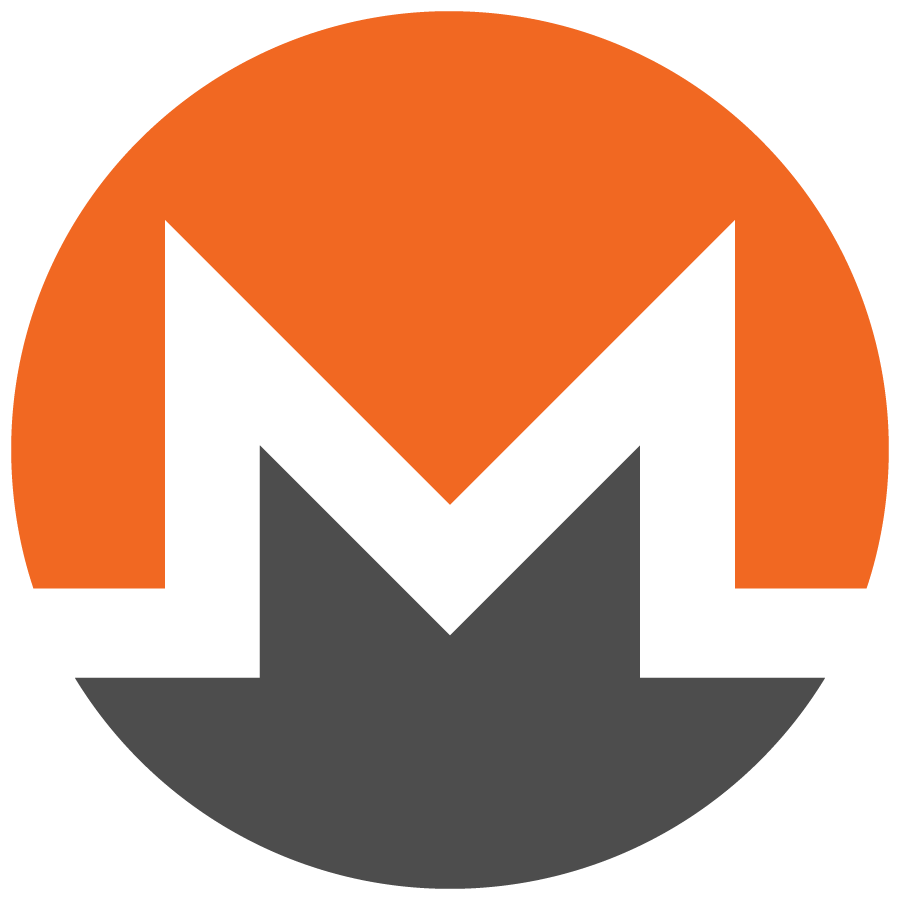Thank you
ClamAV and ClamWin (frontend for windows) are FOSS software, however do note that Clam does not offer real-time protection. For Linux it does offer On-Access scanning, this additionally needs to be setup. I am unaware if the current Windows version(s) has changed this.
Hell take you if you run an AV on Linux
Personally antivirus is more of a scam these days. If your using Linux, Android, MacOS or iOS your fine. Maybe you can benefit a little bit with one on Windows.
Just have good security practice. Do not go to sketchy sites, do not download sketchy files and especially do not install and run sketchy things. And do not weaken the built in security of your system like disabling the firewall for example.
In the 1990s, 2000s and early 2010s there was a case for antivirus but computers have come a long way since then.
Besides anti virus programs are mostly closed source and have full access to your device. Allowing them to scan your files and many of these products probabily work with three letter intellegence agencies all across the world to collect data from consumers of these anti virus products.
There has been some rumors that anti virus companies have created malware and released it to the world to drive up sales and demand for their products.
Don’t get why so many downvotes, it’s well known that (free) antivirus collect user data.
Remember, employees still need to be paid, and make profit.
Even now Microsoft offers Windows for free, complete with bloatware and trackers.
Is Your Antivirus Software Spying on You? - https://restoreprivacy.com/antivirus-privacy/
How Antivirus Software Can Be Turned Into a Tool for Spying - https://archive.ph/RCSbW
Explain how ClamAV is bloatware or spyware?
ClamAV is an OK antivirus, if you use it to scan annex files on a mail server or cloud storage.
Is now suitable for real time scan.Virus detection is very poor, it let pass many virus
https://www.splunk.com/en_us/blog/security/how-good-is-clamav-at-detecting-commodity-malware.htmlKeep in mind that ClamAV does not disinfect files. It only removes them from the system or moves them to a specified location. It also doesn’t watch for infections. It scans when you ask and otherwise remains dormant.
https://www.networkworld.com/article/3652690/using-clamav-to-detect-and-remove-viruses-on-linux.html
None of that justifies calling I bloatware or spyware. It serves a purpose nonetheless.
I didn’t call ClamAV bloatware or spyware, I was responding to the previous post.
Thank you for sharing sources and that funny meme.
This is not true and bad security practice.
There are exploits that can be installed without a mistake made on the users part, the user can make a mistake, and almost every user downloads and open files regularly.
Windows is less secure than the other options, but the other options are not impenetrable. The biggest botnets are made of Linux IoT devices, and nobody opened the wrong email on they’re thermostat…
What a virus scanner will do is check your filesystem and possibly program memory for known footprints. A tool like this can save you from becoming a node on a botnet or being crypto locked. More importantly, if you work from home it can save your company from this issue as well!
It’s also well known that so called anti-virus software is doing crazy shit on your machine and is actually opening it up for many exploits.
All software ads exploits. Antivirus software mitigates already exploited systems.
And yes, some antivirus programs are infamous for being difficult to work with, but also remember that any vector that allows a user to easily override antivirus features can also be done by malicious software.
Yup, which is why it’s best to stick to whatever Windows has by default if you’re using windows.
People should check out some of the CVEs from AV software. Full compromise kinda stuff.
Removed by mod
deleted by creator
For Android: Hypatia for DivestOS For Linux: ClamAV
Linux antivirus is more about preventing viruses from propagating to Windows machines via email etc.
It’s called “running Linux”











